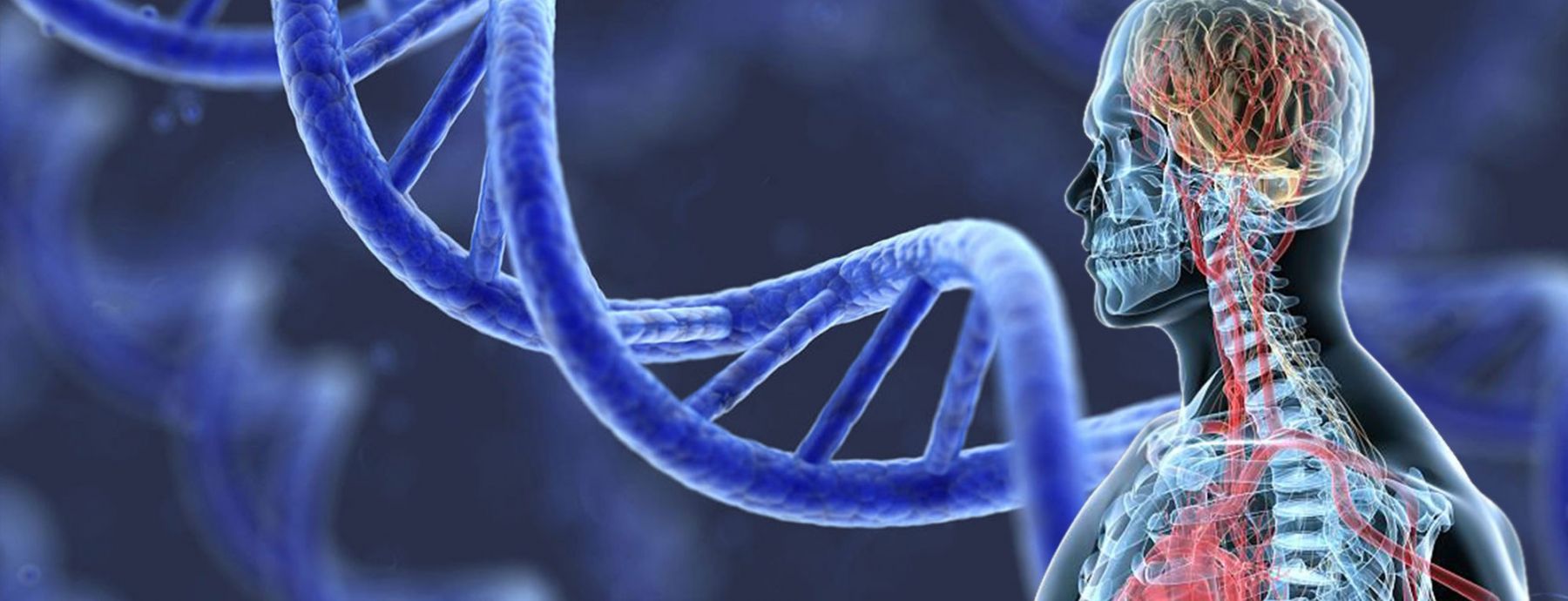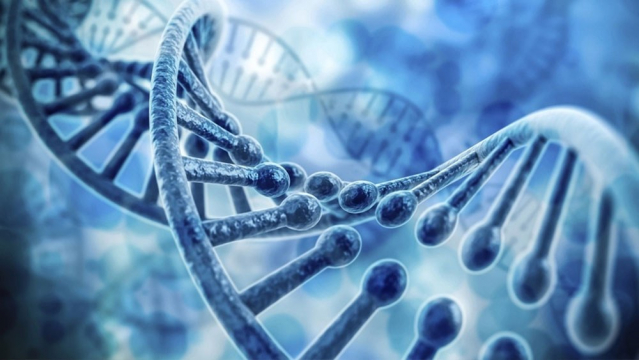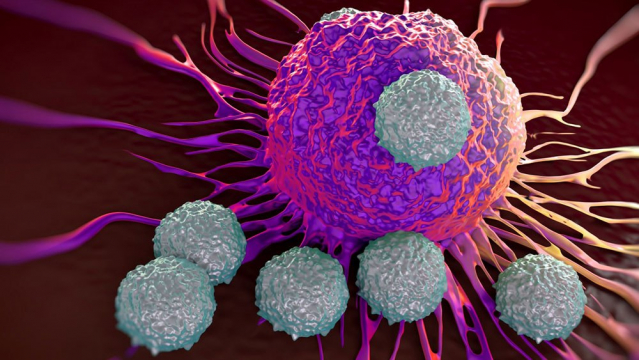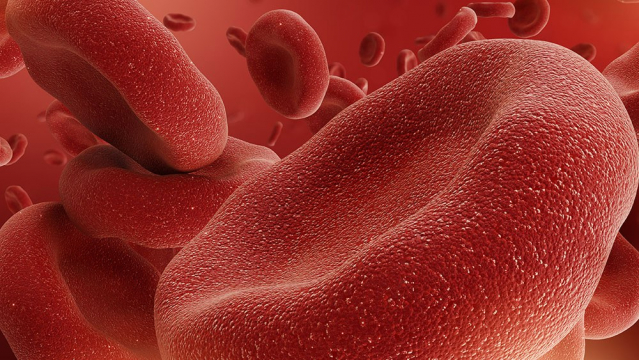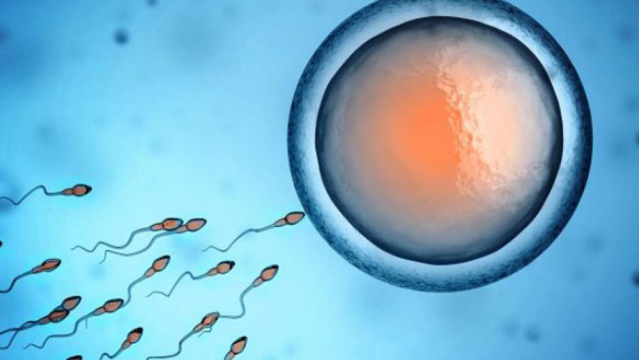Program Overview
The Intercollege Graduate Degree Program in Integrative and Biomedical Physiology—ranked among the top-10 physiology programs in the country—trains students to advance society’s understanding of how body systems work at all levels—molecular, cellular, tissues, and organs—and to apply that knowledge toward reducing disease and improving the health of individuals. The program’s recently awarded NIH Predoctoral Training Program in Stress Physiology includes a cutting-edge interdiscliplinary curriculum that prepares students to enter the 21st century biomedical workforce. To learn more, view a short video about our program.
Program Benefits
- Ranked in the top ten by the National Research Council
- NIH Predoctoral Training Program focused on Stress Physiology and Biomedical Workforce preparation
- Pursue your interests in numerous areas of study with access to outstanding research facilities
- Use a variety of disease models and approaches spanning cells to humans
- Faculty members hold primary appointments in many different departments
